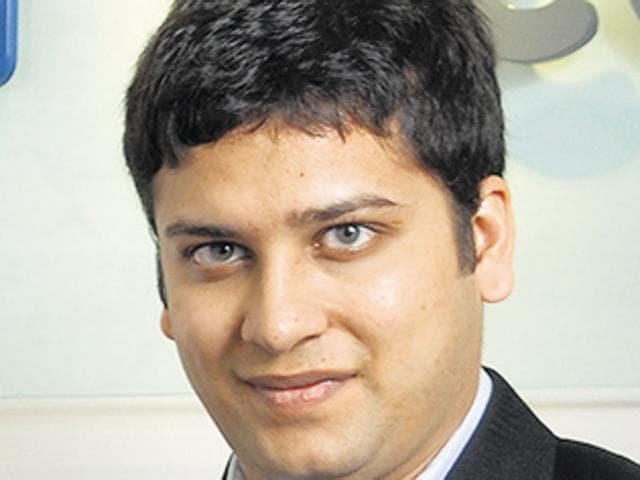Binny Bansal’s take on Flipkart vs Amazon: Pride or sour churan?
What matters more to a shop: what it sells, or how much? To Binny Bansal, who runs Flipkart, India’s largest online market place, the what is as important as how much.
What matters more to a shop: what it sells, or how much?

To Binny Bansal, who runs Flipkart, India’s largest online market place, the what is as important as how much.
“We didn’t sell churan, hing and membership,” Bansal told HT. This festival season, he says, Flipkart is selling things that matter: appliances, smartphones, and apparel.
It is a clear allusion to Amazon, which admits to selling a lot of churan, hing, and membership to its Prime service.
Is this a case of pride, or just sour grapes?
This is the third year when ecommerce is hogging the limelight in festival season shopping, and it matters to be the market leader as well as to be seen to be the market leader. Going by who you talk to, either Flipkart or Amazon is the leader. So does it matter if Amazon sold churan, chashni or chappal to get to the 15 million products mark? If it reached that mark, it either created a world record in selling churan and hing, or sold a lot of other stuff that Flipkart also sells.
But some might say that volume is not the right parameter. The ecommerce narrative has changed to revenue and profitability, from discounts and GMV. Investors, who have been funding discounts for the past few years to gain marketshare, want revenue growth laced with profits.
Items with low value bring down profitability, as they have to be delivered to the buyer’s doorstep – deliveries cost money, and cheap items cost about as much as expensive ones to deliver. At times they are returned, which adds to much to the cost that some companies are happy to send a replacement without having the original piece picked up. The margins in items of daily need are 2-5%, squeezing the room for deliveries and returns. It is much better with electronics, where the margins are 5-7%, and fantastic with apparel (25-40%).
Given this, the number of products counts for less as long as Bansal’s Flipkart sells products of higher value. He is therefore delighted that more than 95% of the products bought on Flipkart were priced at more than Rs 300. A hundred thousand buyers had an order size exceeding Rs 50,000. Amazon did not disclose the specifics.
So perhaps Binny Bansal has a point there, which Amazon will need a lot of churan to digest.





